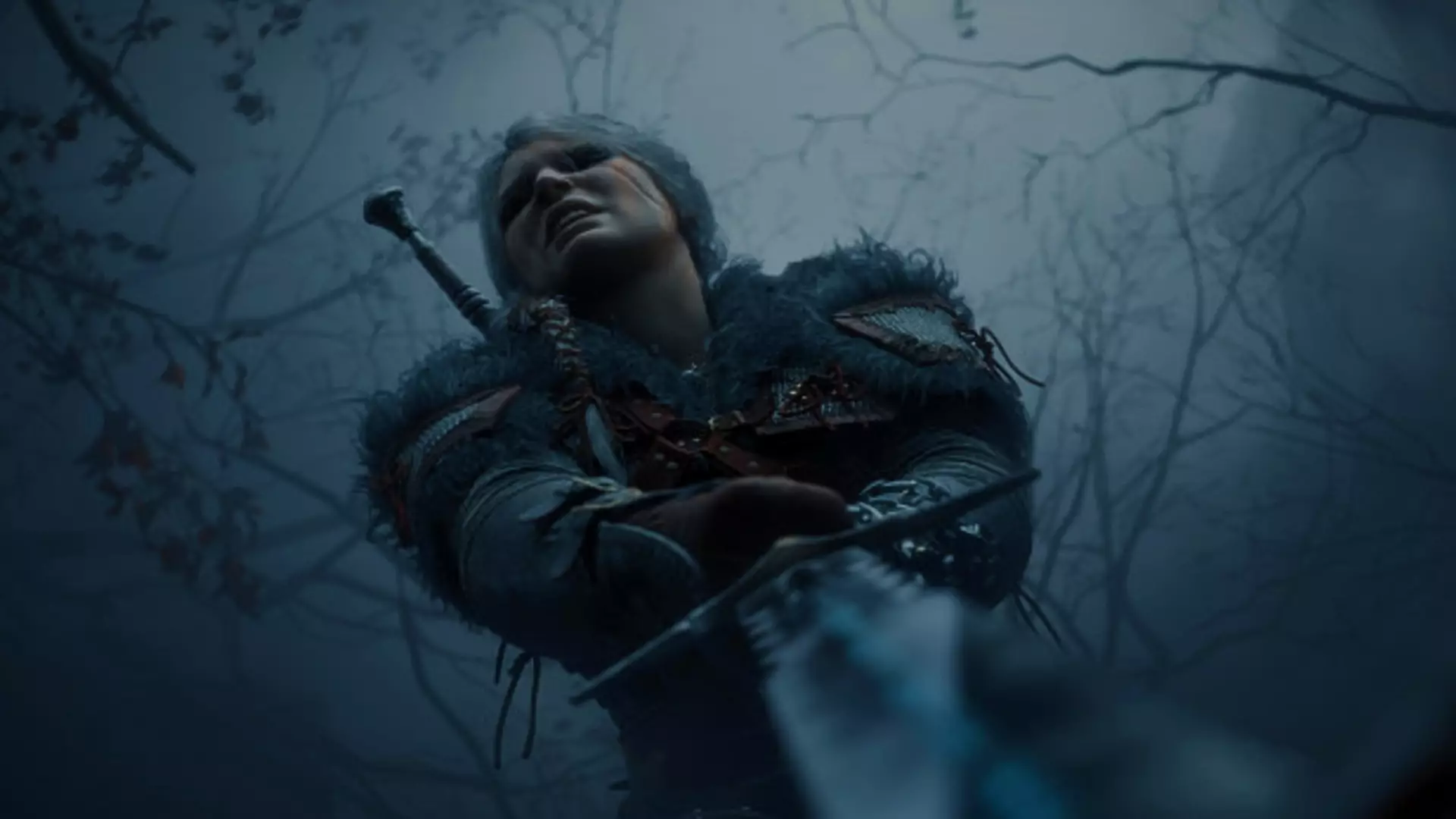In an industry as volatile and multifaceted as video game development, striking a balance between ambition and specialization can often be the razor’s edge that determines success or obscurity. Recently, Marcin Iwiński and Adam Badowski, co-founders and joint CEOs of CD Projekt Red, conveyed this sentiment during a podcast celebrating the tenth anniversary of *The Witcher 3: Wild Hunt.* Their commitment to operating within their “niche” is not merely an admission of past challenges but an emphatic declaration of intent for the future. Acknowledging their roots in the AAA open-world RPG genre, they aim to produce top-tier content while circumventing the pitfalls that come from trying to be all things to all gamers.
Lessons from the Past: What Went Wrong
For CD Projekt Red, the road has not always been paved with gold. Their previous attempts to diversify, particularly with varying project styles, resulted in outcomes that fell short of both public and internal expectations. Through introspection and criticism, they have cultivated a keen understanding of their strengths and weaknesses. Iwiński’s remarks highlight a transparent acknowledgment of the studio’s limitations; the allure of chasing trends or attempting different genres can lead to a dilution of quality, a lesson painfully learned through past endeavors.
As they convey their dedication to fidelity in the production of AAA RPGs, one can ponder whether the gaming landscape might benefit from more studios adopting a similar mindset. Instead of scattering efforts across various types of games that may not align with their core competencies, focusing on one genre allows developers to harness their creativity and resources more efficiently. The relentless temptations of innovative game mechanics or emerging trends can distract even the most seasoned teams; thus, restraint becomes a strength.
Structured Innovation: The Multi-Project Approach
In an intriguing pivot, CD Projekt Red transitioned to a multi-project development model, where distinct teams focus on specific games within their established niche. This strategic overhaul, championed by Badowski, aims not just to broaden their portfolio but to deepen the quality of each title. Rather than diluting talent by spreading their resources too thin, the company encourages a “multi-headed” approach that capitalizes on specialized knowledge. This could very well serve as a blueprint for other studios seeking to innovate without compromising on execution.
Such a model creates fertile ground for a culture of creativity while maintaining a clear directive. With ambitious projects like *Cyberpunk 2* and *The Witcher 4* already on the horizon, the structure established within CD Projekt Red positions them favorably against the pressures of a demanding market. It leads to a distinctive synergy among teams, where seasoned developers collaborate while still allowing new talent to flourish.
A Vision for the Future: Tangible Anticipation
The aforementioned strategy not only prepares CD Projekt Red for foreseeable challenges but also sets a stage filled with potential. Fans eagerly awaiting the next installments of their beloved franchises feel a renewed sense of confidence in the developers. Maintaining a dedicated course on narrative-driven, open-world experiences caters to a loyal base that has been significantly impacted by the immersive and rich storytelling present in previous titles. Moreover, the mystery surrounding Project Sirius leaves the community buzzing with curiosity, demonstrating that while the studio is rooted in its past, it is not afraid to explore avenues that can still lead to innovative experiences.
Additionally, a focused development strategy allows for deeper engagement with fans. By being transparent about their focus on quality rather than quantity, CD Projekt Red can maintain strong support from their community, fostering loyalty that transcends mere consumer relationships. Resultantly, this approach allows for more meaningful interactions and feedback, creating an ecosystem where both the developers and the players thrive.
In essence, CD Projekt Red’s resounding decision to remain within its niche is not simply a statement of intention; it’s an insightful strategy that champions quality, groundedness, and a vision for the future. As they execute this approach, fans of RPGs will undoubtedly benefit from the impressive narratives and expansive worlds that will define the next chapter of this storied studio.


Leave a Reply